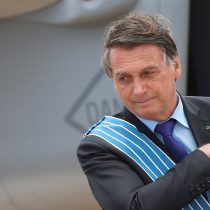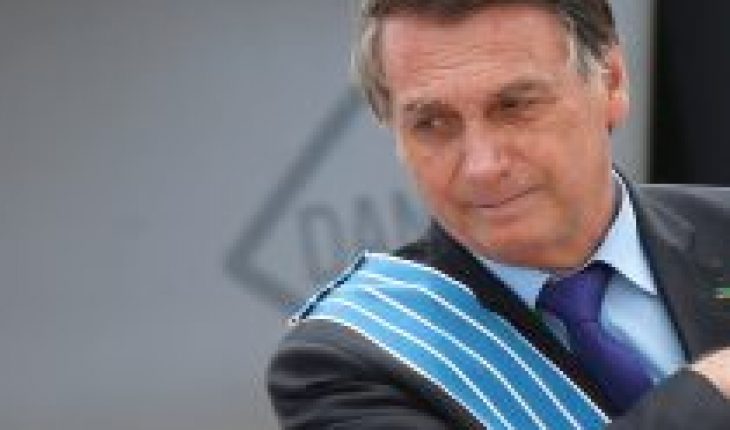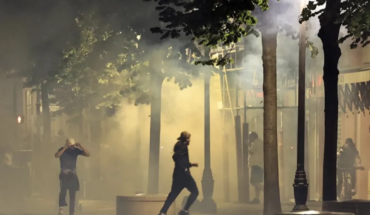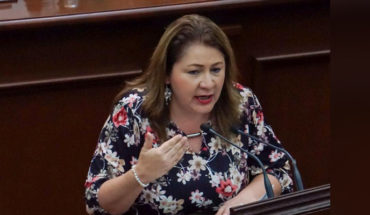
Elected with more than 55% of the vote in 2018 and based on an anti-political platform, against the backdrop of the famous Lava Jato operation, Jair Bolsonaro came to power with undeniable political force. After two years of rule, its popularity remains above 30% approval, despite its lousy management of the health crisis, as well as its actions openly contrary to democracy and the values of the 1988 Constitution. However, the year 2021 looks much more complicated for the former army captain.
Contrary to its predecessors, who had seen the number of mayors ruled by their parties grow after their arrival at the Planalto Palace, Bolsonaro wasted the recent municipal elections to strengthen its territorial structure. His inability to form a new aggression, having left in 2019 the party that brought him to power (Liberal Social Party, PSL), leaves him in a position of fragility in front of a mosaic of right-wing and centre-right parties that prevailed in these last elections.
While voters spoke mainly on local issues, the results of this scrutiny show a loss of momentum from anti-political discourse that was progressively installed in Brazil from 2013. However, the main parties of Brazilian politics since redemocratization — the Brazilian Democratic Movement (MDB), the Brazilian Social Democracy Party (PSDB) and the Workers’ Party (PT) — were not able to take advantage of the continuing wave of the 2020 election cycle.
Paradoxically, it was the parties from the official party during the military dictatorship (the National Renewal Alliance, ARENA), the Democratic Party (DEM) and the Progressive Party (PP) that made the most progress. This allowed them, together with the Social Democratic Party (PSD), to be seen as the great winners of this election. And two of its leaders—the deputies’ chamber president, Rodrigo Maia of the DEM, and the leader of the PP in the House, Arthur Lira—are likely to become the two main poles of power in the House for the renewal of the lower house presidency in February 2021.
Such an election is always a thermometer of the political strength of the executive versus the legislative one. In fact, it was in the wake of the 2015 election of Eduardo Cunha (PMDB) as president of the Chamber of Deputies that Dilma Rousseff began to progressively lose control of his political base in Congress. This led to his dismissal a year later.
Because of its political regime—coalition presidentialism, to take the end of political scientist Sergio Abranches—Brazil has always been a hard-to-govern country. Starting in 2006, with the end of the so-called “verticalization of alliances,” which imposed a common coalition policy at the state and federal levels, the number of parties increased considerably, further fragmenting Congress and making it difficult to build majority within it.
So far, Bolsonaro has prevented Congress from approving the opening of a process of dismissal by handing over various ministries to various parties in the centre right. However, this support base is fragile.
Next year’s economic outlook has degraded. The scheduled end of “emergency relief,” created during April at the behest of opposition in Congress, will result in a significant loss in the income of the country’s poorest families, resulting in an increase in unemployment. According to Brazil’s statistics institute, between May and October, nearly 4 million people declared themselves unemployed, so the unemployment rate was estimated at 14.1%, the highest since the statistical series exists.
This has consequences for the president’s popularity: if thanks to the “emergency aid” Bolsonaro achieved its best popularity rate of the year – 40% during the month of September according to the IBOPE institute – since then its approval has been falling, in parallel with the decrease in the value of the state subsidy. According to a survey published a few days ago, the disapproval rate increased from 43% to 48%, becoming a majority of new account (approval went from 45% to 42%).
This trend is likely to continue if the government is unable to find a formula capable of continuing “emergency relief.” In a context of regrowthe of the pandemic, —it has already cost the vigives more than 170,000 people—and of increasing international isolation following the November defeat of its main ally, Donald Trump, it is possible that allied parties in Congress will claim more dividends from Bolsonaro in order to maintain their allegiance.
But with empty coffers, and without a definite political agenda, it will be much more complex to navigate the clouds that accumulate over the economy, politics, or health. And this time, it will be difficult to invoke the “danger of communism” to get around the coming storm.
* Gaspard Estrada is executive director of the Political Observatory of Latin America and the Caribbean (OPALC) of Sciences Po, Paris. @Gaspard_Estrada
www.latinoamerica21.com, a plural medium committed to the dissemination of critical and truthful information about Latin America.





